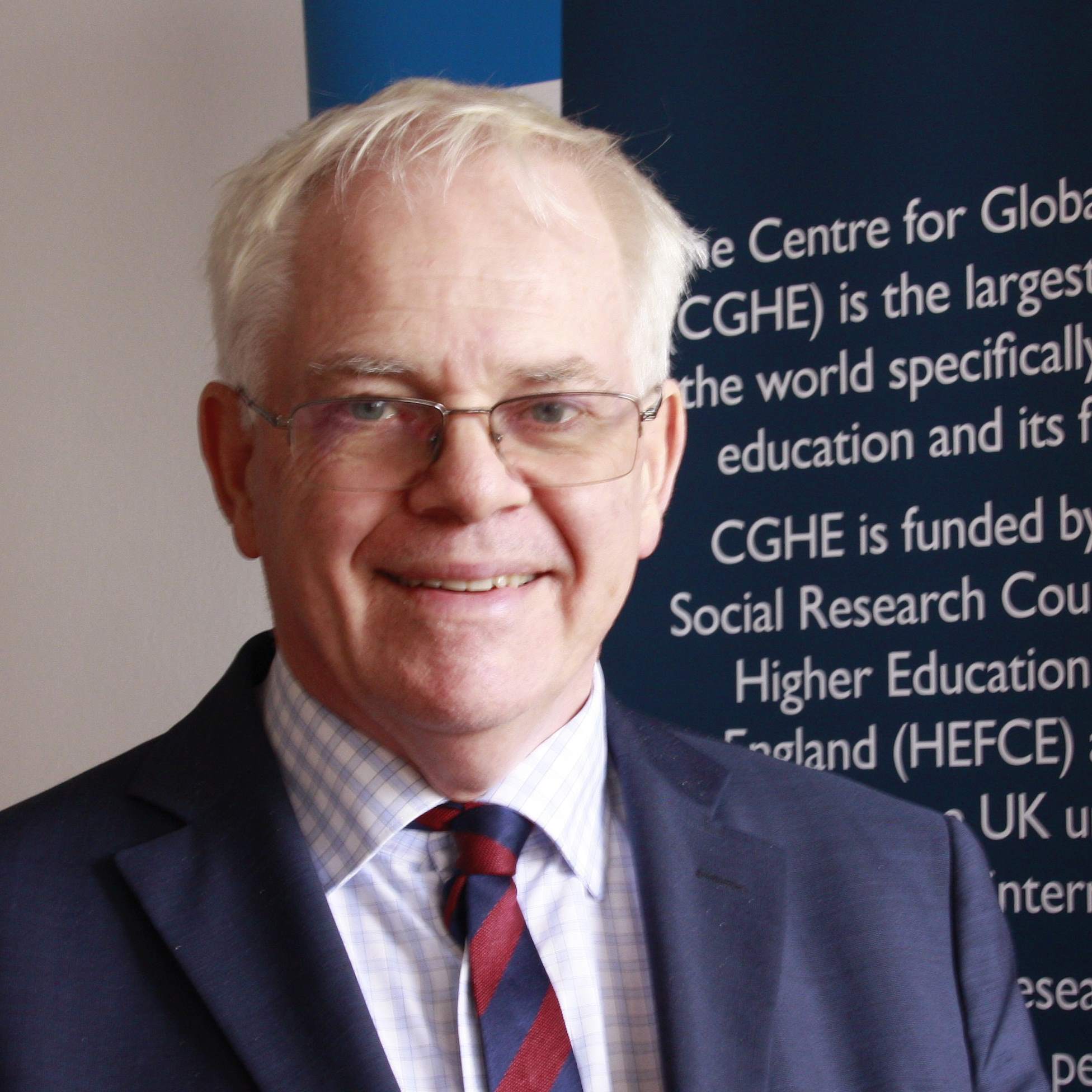Institutional autonomy, academic freedom and the public character of the university
- Ronald Barnett, UCL Institute of Education
- Simon Marginson, UCL Institute of Education
Overview
Ronald Barnett
In a recent speech at a USA university, a Chinese student expressed gratitude at the freedom permitted to students to express themselves in the USA, the speech receiving public condemnation both from authorities in China and from Chinese students at that USA university.
The incident suggests that: a) the speech itself was delivered in an institution that enjoyed a high degree of autonomy; b) academics in that institution further enjoyed a high degree of freedom; c) there was little in the way of a tight relationship between that university and the state; and d) the speech itself helped in promoting the public sphere.
This story is a nice exemplification of the intertwinedness of these four components – institutional autonomy, academic freedom, the relationships between states and universities and the public sphere. In my presentation, I want to explore these interconnections, and I shall do so through a social-philosophical perspective. Many speak of the university ?in ruins? but I shall suggest that there is much to play for.
Simon Marginson
University autonomy has always been relative autonomy or ?regulated autonomy? as some call it. Nowhere in the world is the state entirely absent, even in the United States where the university is seen as a branch of civil society.
But the genius of the medieval incorporation of the university was that its relative autonomy provided space for a semi-independent zone of intellectual freedom. It is this zone of intellectual freedom, with its ongoing potential (albeit rarely exercised) for reflexive self-formation and critical social formation, that makes the university a distinctive social institution.
No scholars anywhere, regardless of the political culture, like being directed by the state (or the market). One test of a ?public? university is the extent to which it provides a wide space for criticism, challenge, controversy and new public forms. The issue is not whether there should be intellectual freedom but how the zone of intellectual freedom is joined to the larger public sphere so as to contribute to the public process of reflexive and collective social transformation.


